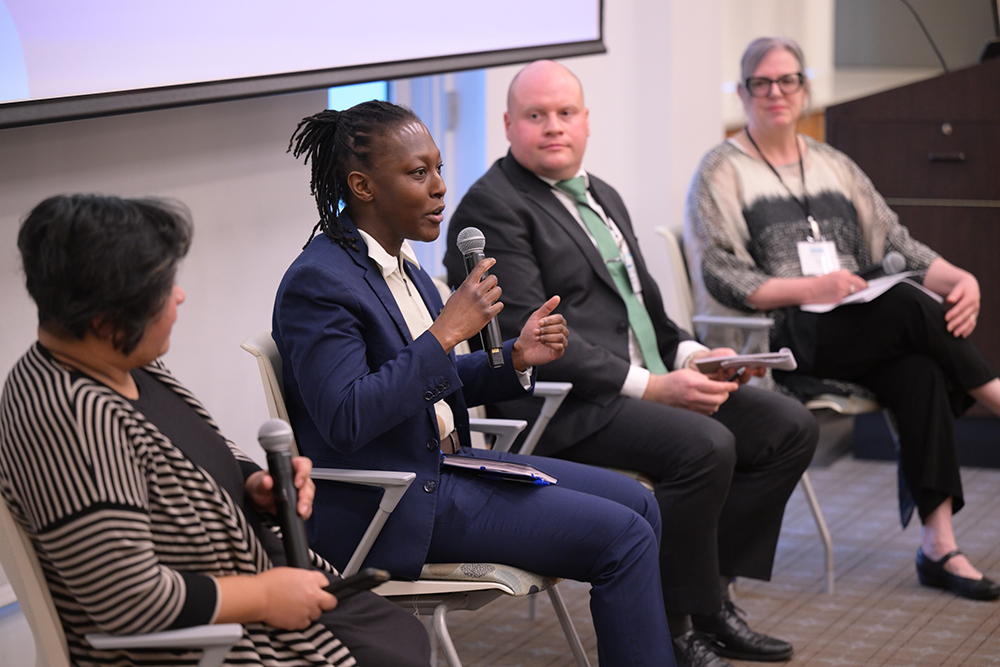
Congress passes COVID-19 relief bill
After several stopgap funding measures, Congress passed legislation on Monday to fully fund the government through the remainder of Fiscal Year 2021.
In response to the passing of the omnibus legislation, NCBA CLUSA President & CEO Doug O’Brien said, “We appreciate Congress recognizing the important contributions cooperatives make to local economies. Now more than ever, people in the U.S. and across the world are looking to cooperatives to empower people in their businesses and economies.”
The bill provides $5.8 million for the USDA Rural Cooperative Development Grant (RCDG) program. RCDG is the only domestic grant program dedicated exclusively to providing technical assistance to cooperative businesses.
RCDG is the only domestic grant program dedicated exclusively to providing technical assistance to cooperative businesses.
This legislation also includes $11 million for the USDA Rural Energy Savings Program (RESP). RESP provides zero interest loans to electric cooperatives and other eligible entities to make energy efficiency improvements directly on homes at no to minimal upfront costs to the homeowner. Then, the homeowner can pay back the cost of the project via their monthly bill, and the co-op subsequently pays back the loan to USDA.
Finally, the bill includes an increase of $1.5 million to the USAID Cooperative Development Program, totaling $18.5 million. CDP is a competitive grants program awarded to U.S.-based cooperative organizations to start and grow cooperative businesses that promote economic independence.
A full summary of the FY21 appropriations bill provided by the majority staff of the House Appropriations Committee is available here.
Throughout our nation’s history, people and policymakers have turned to cooperatives in times of crisis. As the U.S. continues to grapple with economic hardship resulting from the pandemic, reckoning racial inequities, and seeking solutions to bridge divides, create opportunity and build more inclusive economies, NCBA CLUSA looks forward to continuing to advocate for robust investments in existing cooperative programs and creating new programs to address growing need in different geographies, demographics, and sectors.


